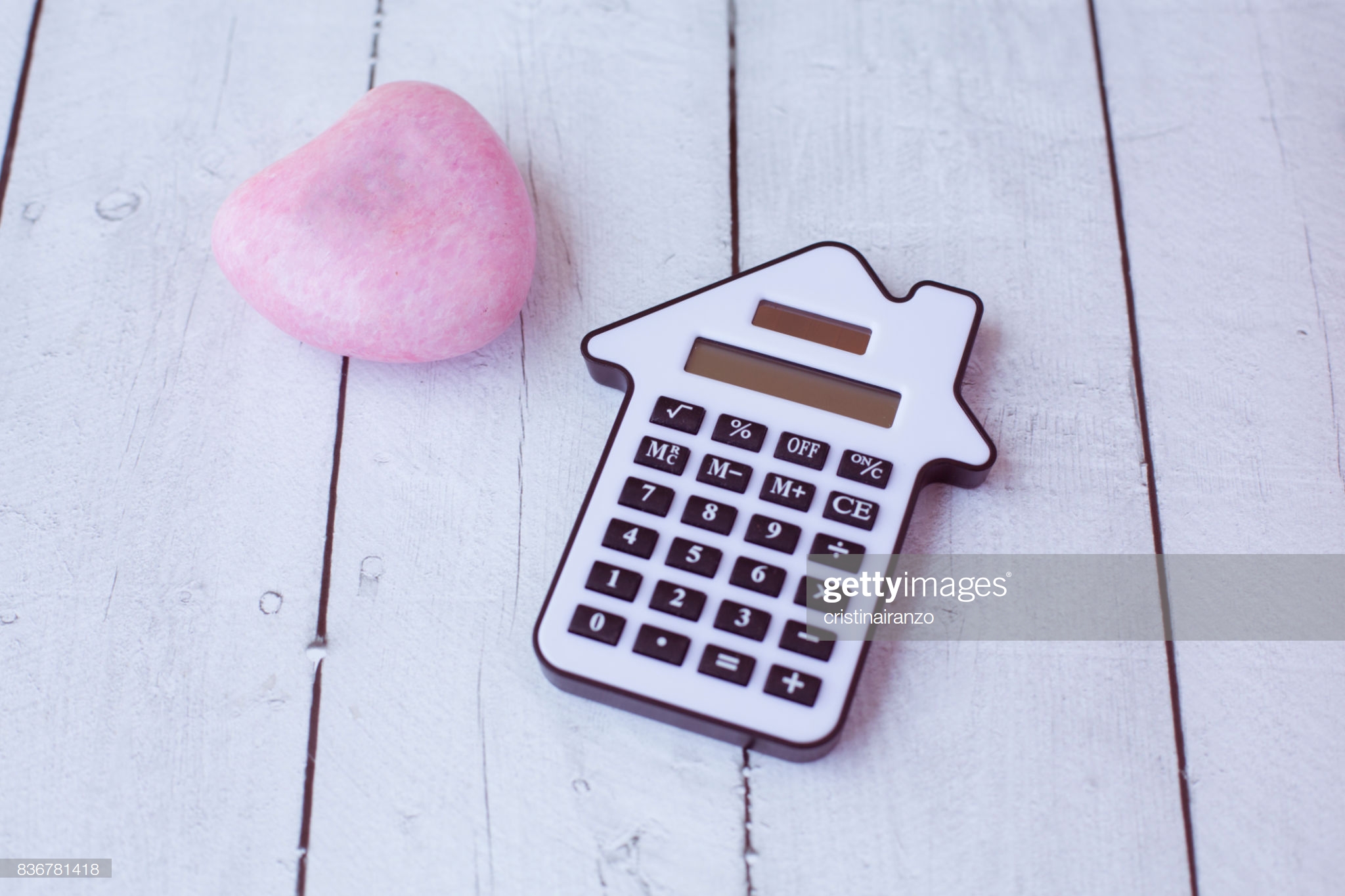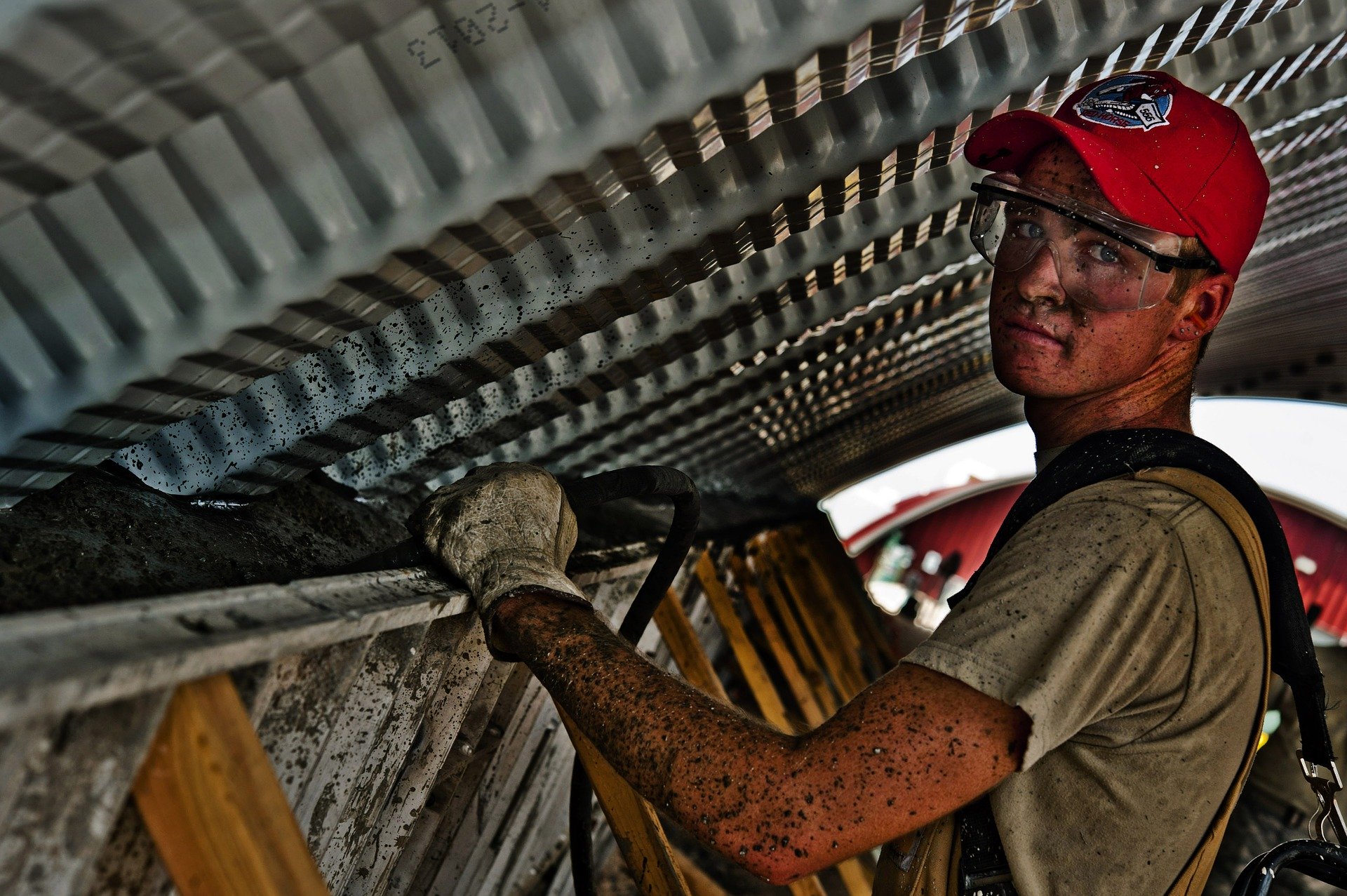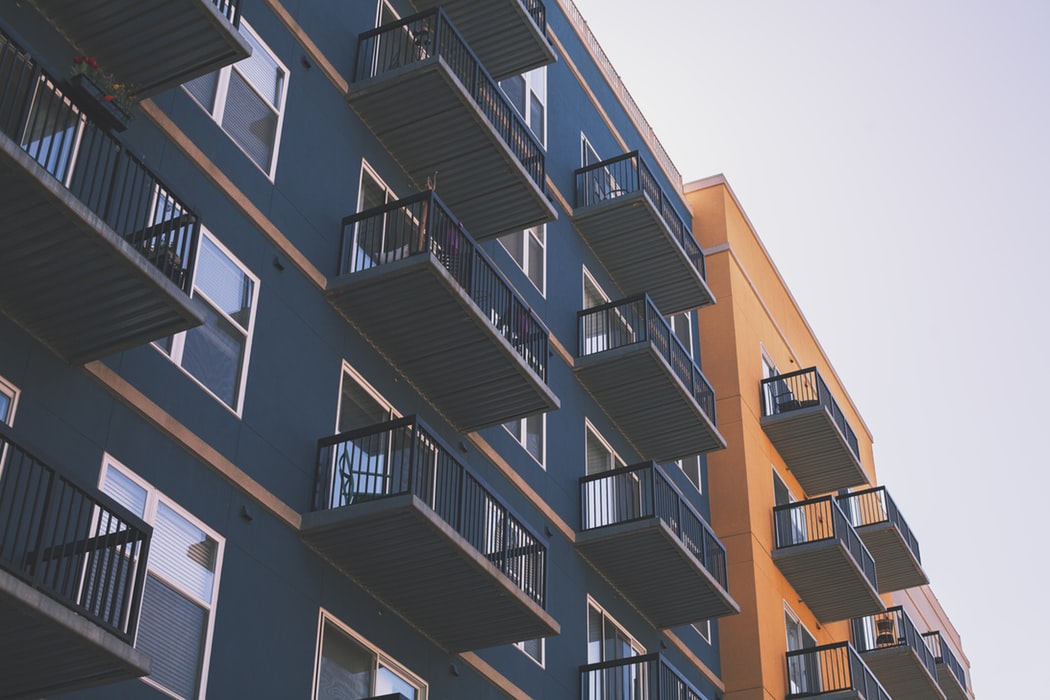Do you want to divorce in Korea?
November 3, 2019
Korea is well known for its high house prices. Many Korean young people can’t afford to buy houses and most of Koreans are dreaming of owing them. The same holds true for foreigners in Korea. Most foreigners in Korea lease houses. The lease contracts in Korea are usually simpler than those in other countries since Korea has the Continental law and several laws stipulate terms of lease.
If you are a foreigner who intends to rent a housing in Korea, it is necessary to understand several important articles of laws on housing lease. In general, civil law includes clauses on lease, but on housing lease, Housing Lease Protection Act (hereafter referred to as “the Act”) is prior to civil law. Thus, if you lease house, in order to protect your own right as a lessee, it would be beneficial for you to be familiar with key articles of the Act.
1. Term of Lease
Article 4 of the Act states that “if the term is not fixed or fixed less than two years, the term of such lease shall be deemed to be two years”. That is, the lessee may lease the house for at least two years. The lessee may also claim the validity of the contract with the term fixed for less than two years.
2. Moving-in Report and Fixed Date on the Lease Contract
According to Article 3 of the Act, “(e)ven though it is not registered, if the lessee is provided with a house and completes resident registration, the lease shall take effect against any third person from the following day thereof. In such cases, the resident registration shall be deemed made at the time of the moving-in report”. Therefore, it is essential to file a moving-in report to the Community Service Center of Dong where the leased house is located. In addition to the moving-in report, the fixed date on the lease contract document shall have priority of repayment of the deposit at the time of an auction conducted.
3. Renewal of Contract
Without a prior notice of the lessor or the lessee, the contract shall be deemed to be renewed under the same conditions as the former one. In particular, the lessor shall give prior notice six months to one months before the lease expires or the lessee should notify the lessor by one month before the lease expires for the purpose of refusing renewal of the contract.
4. Termination of the Renewal Contract
How can the lessee terminate the contract if the lease is deemed to be renewed because there has no prior notice as described in the paragraph #2? In that case, the lessee may give the lessor a prior notice to terminate the contract at any time, and the notice of termination shall enter into force three months after the lessor has received the notification. Hence, the lessor shall repay the deposit to the lessee three months upon the lapse of three months from the date when the lessor has received the notification.
5. If the lessor refuses to repay the deposit
If the lessor refuses to repay the deposit after the contract terminate, the lessee may consider legal actions as follows; First, the lessee may apply for a leasehold registration order with the district court, the branch of the district court, or the Si/Gun court having jurisdiction over the location of the leased house. If the registration of the leasehold is completed, the lessee shall have the opposing power or the preferential repayment right deposit at the time of an auction conducted; Second, the lessee may file an order for payment of the deposit with the district court, but if the lessor raises an objection to the order, the process shall be changed into litigation; Third, the lessee may file a litigation to repay the deposit. However, as you might know, it might be costly and take time.
If you have any further inquiries, please send me an email ([email protected]). My office is located near Seoul District Court and Gyodae station in Seoul.
Blog Articles
Contact Information
201, 160, Seochojungang-ro, Seocho-gu, Seoul, Republic of korea.
Phone: +82-2-535-1235
Mobile: 010 5349 1235
Fax: +82-2-536-1236
Email: [email protected]



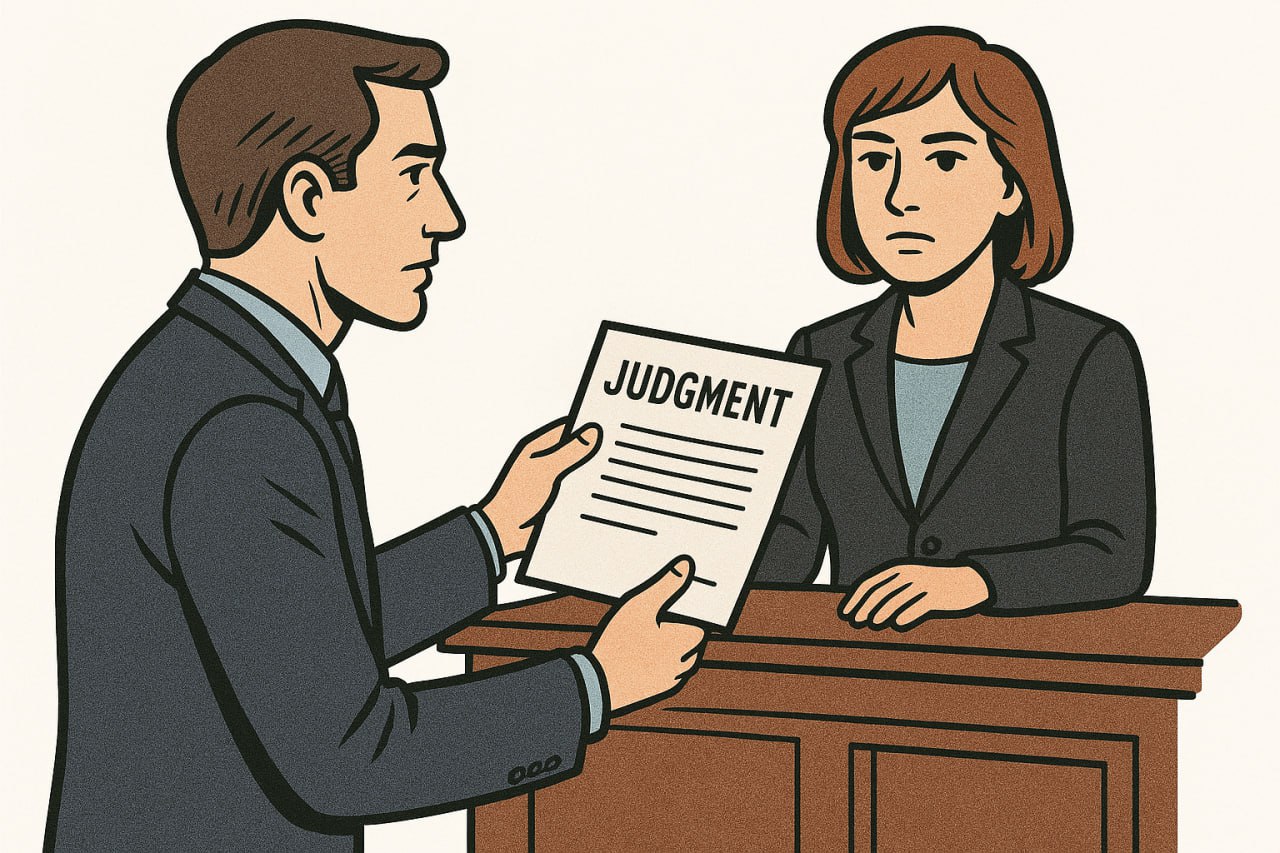












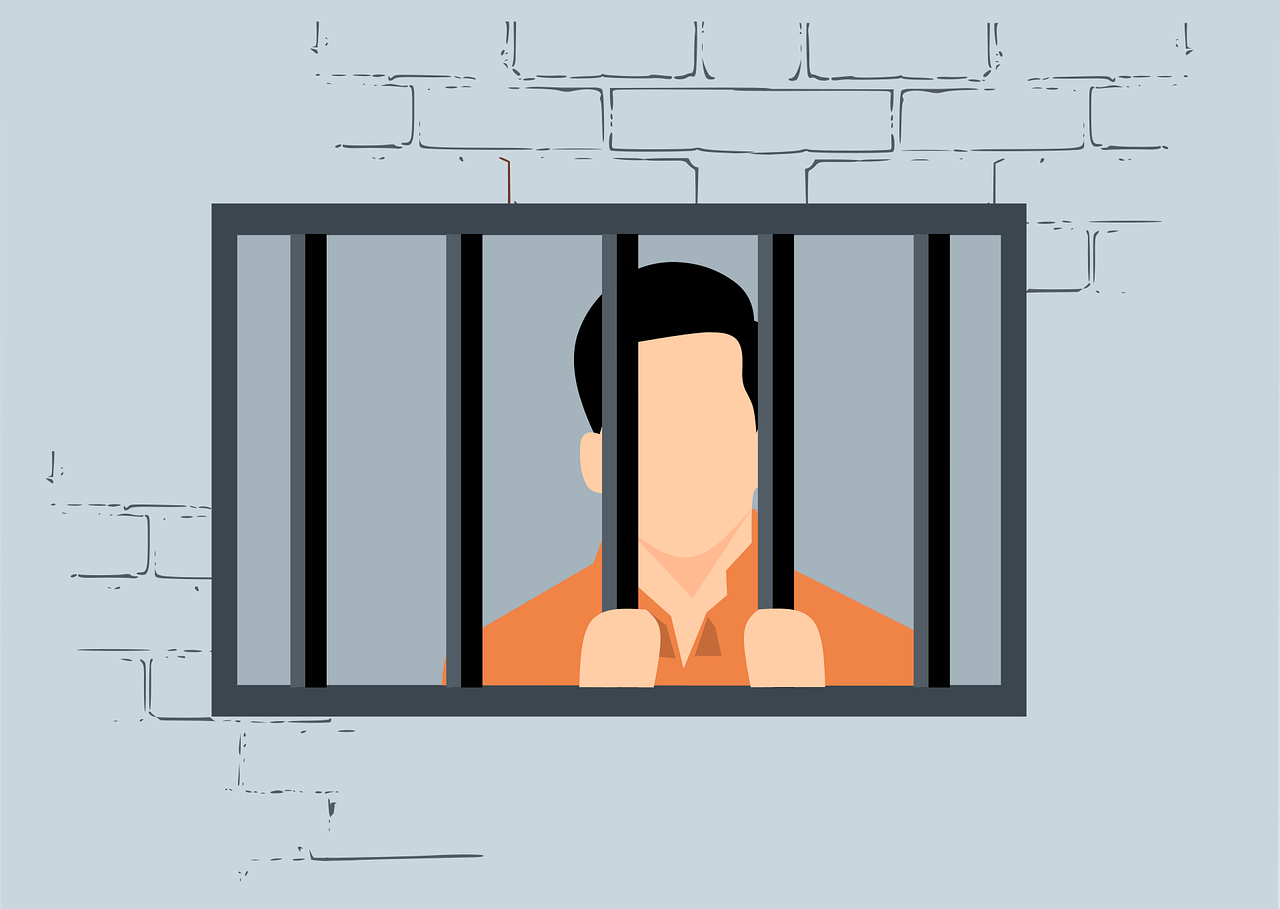













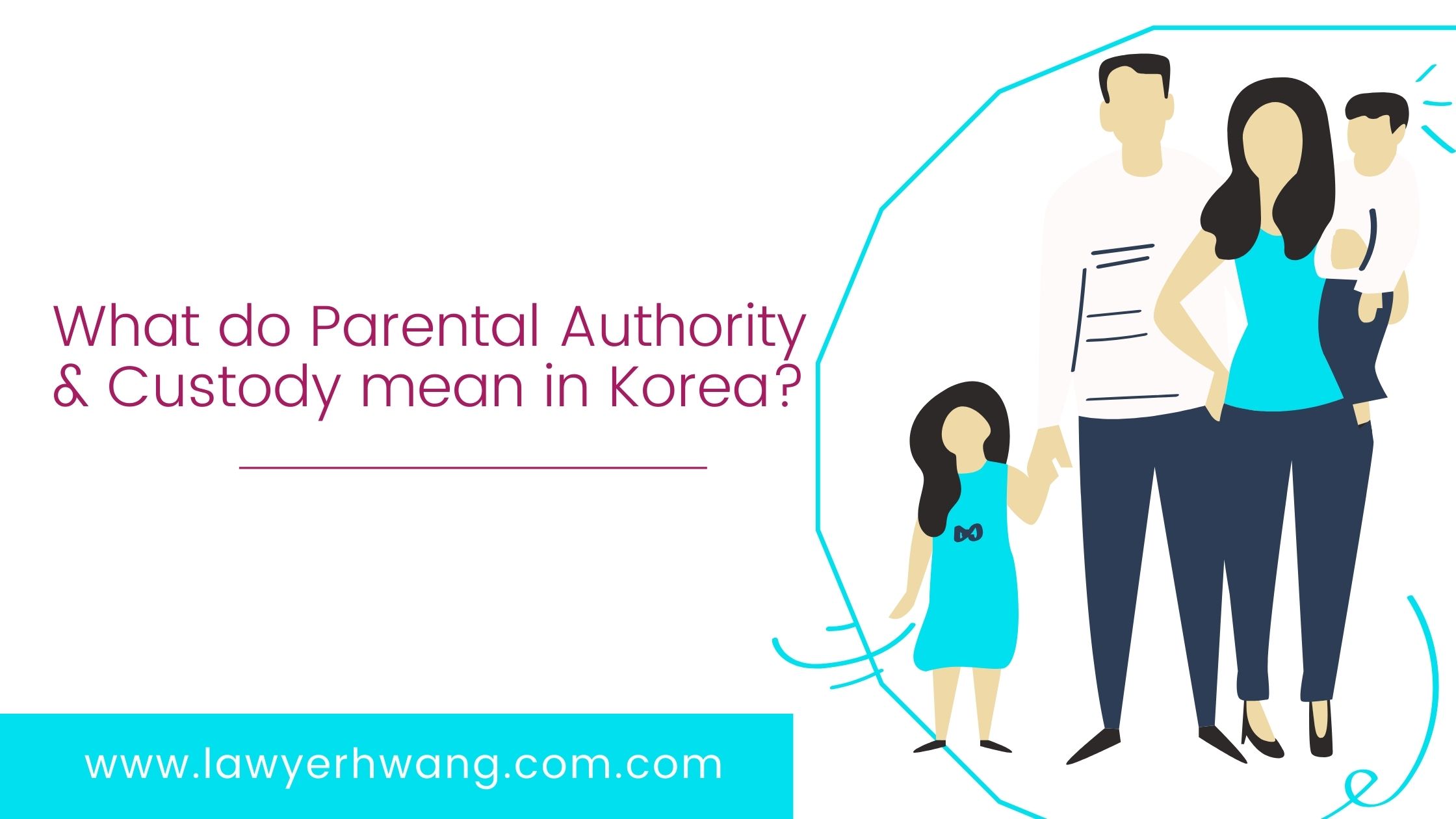



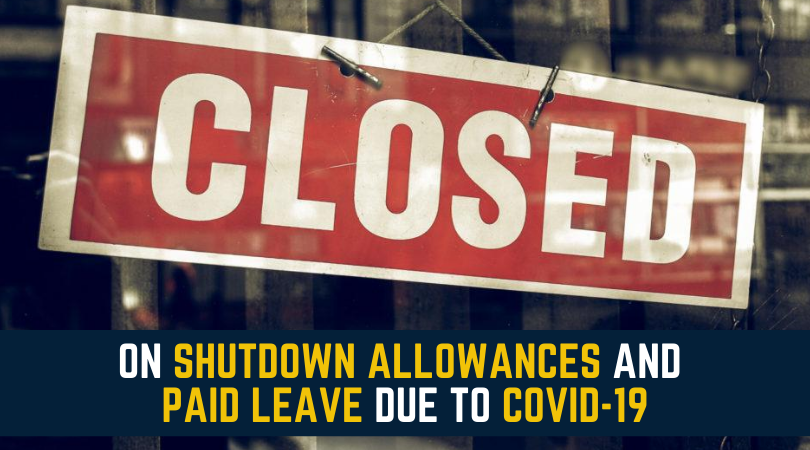
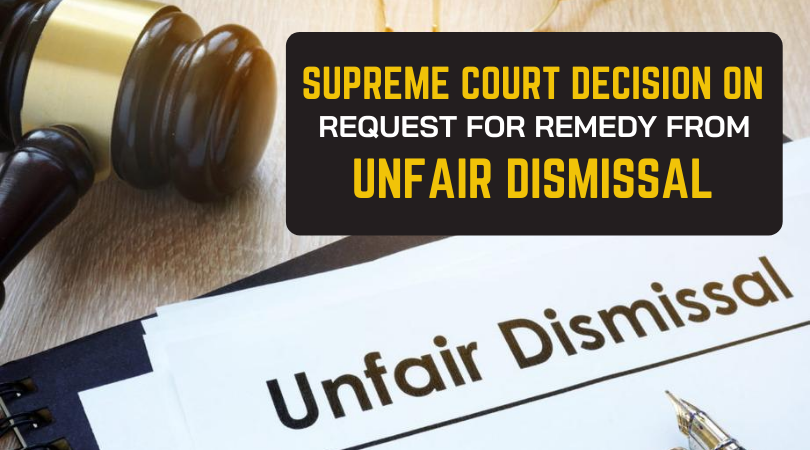
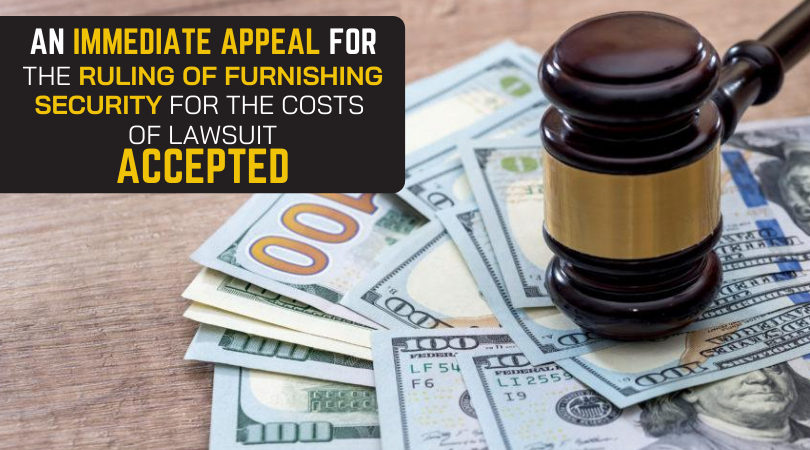
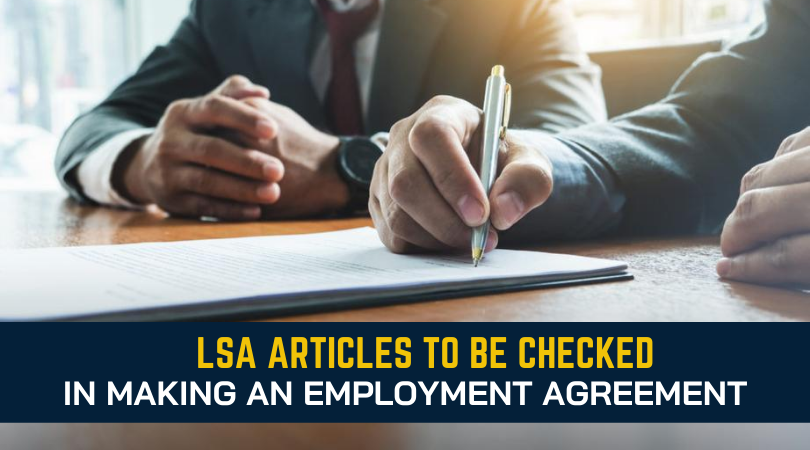
![[Supreme Court Decision – Criminal Law] – On Intent of Defamation](https://lawyerhwang.com/wp-content/uploads/2020/03/Supreme-Court-Decision-–-Criminal-Law-–-On-Intent-of-Defamation.png)
![[Supreme Court Decision – Criminal Law] – On Uploading a “Torrent File” of Obscene Videos](https://lawyerhwang.com/wp-content/uploads/2020/03/Supreme-Court-Decision-–-Criminal-Law-On-Uploading-a-“Torrent-File”-of-Obscene-Videos.png)




















